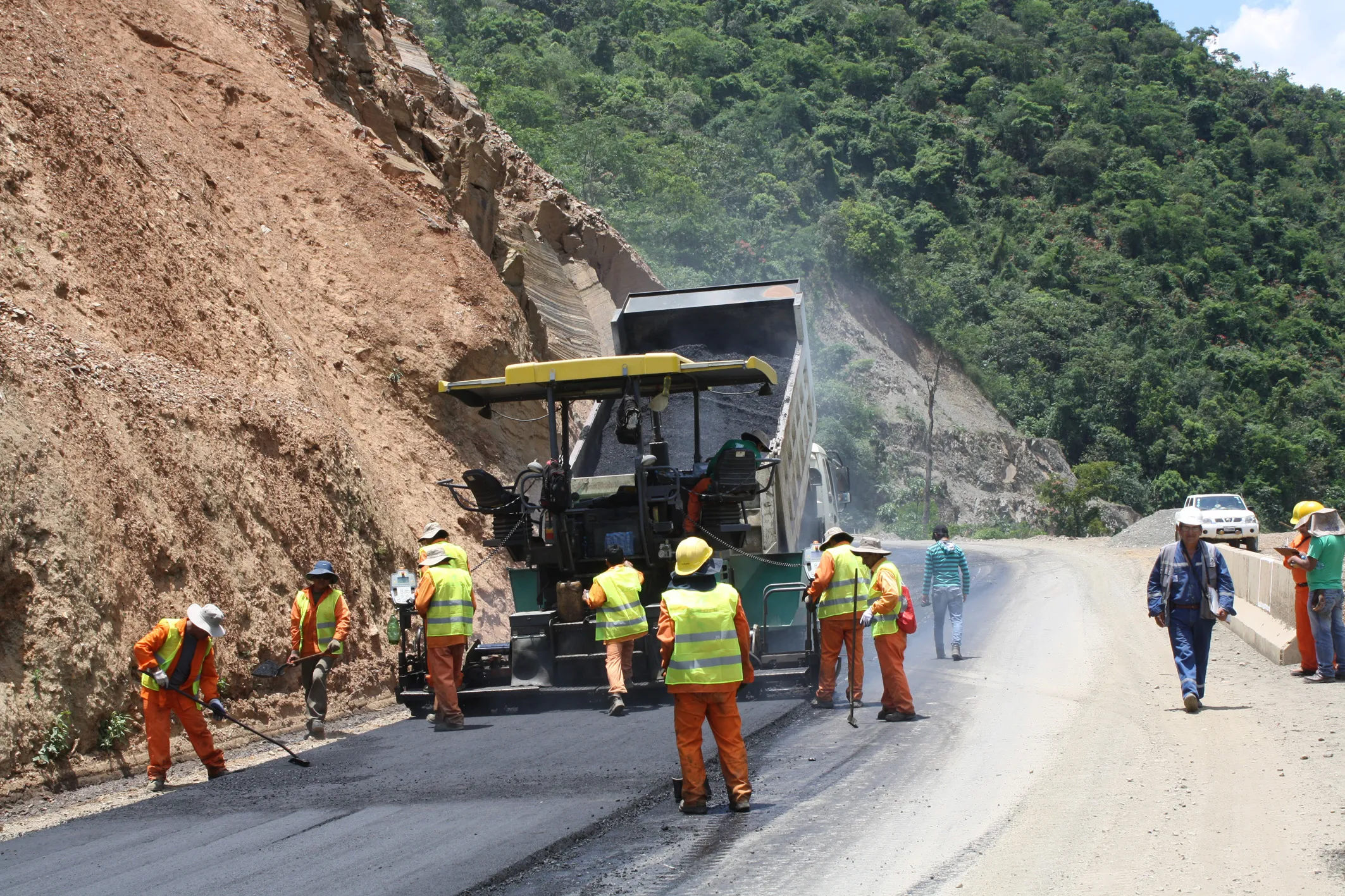A shortage of funds could affects Brazil's road infrastructure plans. The country’s national department of transport infrastructure, Dnit, may have to halt activities in 2016 due to a lack of funds. Dnit manages the maintenance of existing roads in Brazil but has already had to suspend road paving and expansion works throughout the country due to a lack of finances. Unless further funds are found, Dnit will only be able to finance projects until August 2016. Dnit saw its budget for 2016 set at US$1.76 billi
March 30, 2016
Read time: 1 min
A shortage of funds could affects Brazil's road infrastructure plans. The country’s national department of transport infrastructure, Dnit, may have to halt activities in 2016 due to a lack of funds. Dnit manages the maintenance of existing roads in Brazil but has already had to suspend road paving and expansion works throughout the country due to a lack of finances. Unless further funds are found, Dnit will only be able to finance projects until August 2016. Dnit saw its budget for 2016 set at US$1.76 billion, the same as in 2015, to cover maintenance and work on some 55,000km of roads. However, 40% of this sum went to pay off debts accumulated over previous years. The budget was further limited by the imposition of priority projects in a number of cities, which cost a further $406.15 million.








